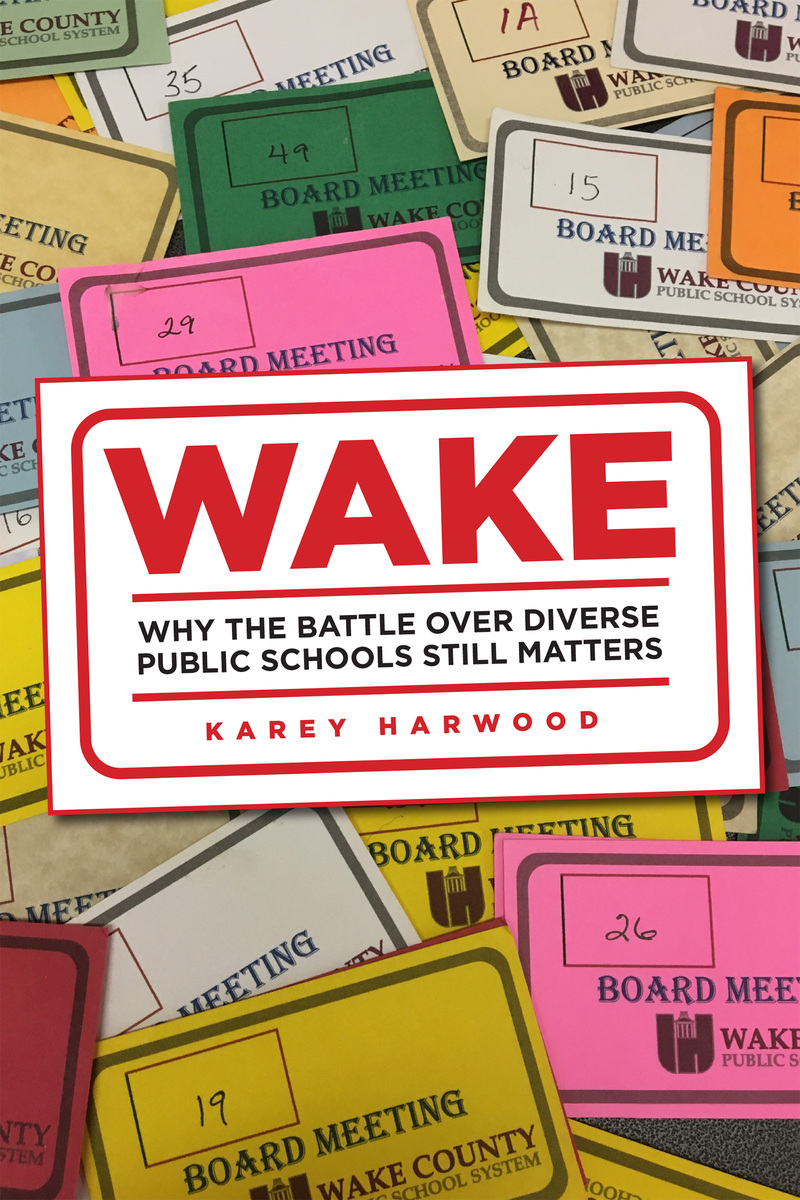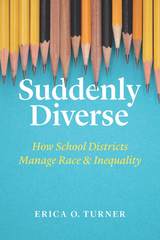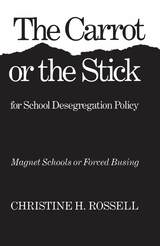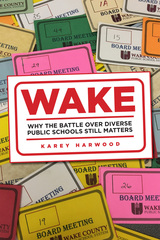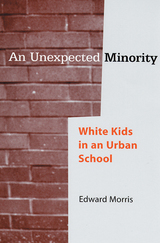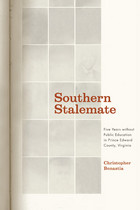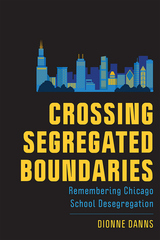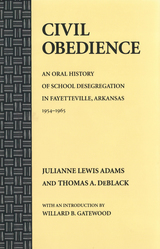Wake: Why the Battle over Diverse Public Schools Still Matters
Rutgers University Press, 2024
Cloth: 978-1-9788-3657-0 | Paper: 978-1-9788-3656-3 | eISBN: 978-1-9788-3658-7 (ePub) | eISBN: 978-1-9788-3659-4 (PDF)
Library of Congress Classification LC214.22.N66H37 2024
Dewey Decimal Classification 379.2630975655
Cloth: 978-1-9788-3657-0 | Paper: 978-1-9788-3656-3 | eISBN: 978-1-9788-3658-7 (ePub) | eISBN: 978-1-9788-3659-4 (PDF)
Library of Congress Classification LC214.22.N66H37 2024
Dewey Decimal Classification 379.2630975655
ABOUT THIS BOOK | AUTHOR BIOGRAPHY | REVIEWS | TOC
ABOUT THIS BOOK
The Wake County Public School System was once described as a beacon of hope for American school districts. It was both academically successful and successfully integrated. It accomplished these goals through the hard work of teachers and administrators, and through a student assignment policy that made sure no school in the countywide district became a high poverty school. Although most students attended their closest school, the “diversity policy” modified where some students were assigned to make sure no school had more than 40% of its students qualifying for free or reduced-price lunch or more than 25% performing below grade level. When the school board election of 2009 swept into office a majority who favored “neighborhood schools,” the diversity policy that had governed student assignment for years was eliminated. Wake: Why the Battle Over Diverse Public Schools Still Matters tells the story of the aftermath of that election, including the fierce public debate that ensued during school board meetings and in the pages of the local newspaper, and the groundswell of community support that voted in a pro-diversity school board in 2011. What was at stake in those years was the fundamental direction of the largest school district in North Carolina and the 14th largest in the U.S. Would it maintain a commitment to diverse schools, and if so, how would it balance that commitment with various competing interests and demands? Through hundreds of published opinion articles and several in depth interviews with community leaders, Wake examines the substance of that debate and explores the community’s vision for public education. Wake also explores the importance of knowing the history of a place, including the history of school segregation. Wake County’s example still resonates, and the battle over diverse public schools still matters, because owning responsibility for the problem of segregated schools (or not) will shape the direction of America’s future.
See other books on: Educational equalization | Educational Policy & Reform | Inclusive Education | North Carolina | Social Policy
See other titles from Rutgers University Press
